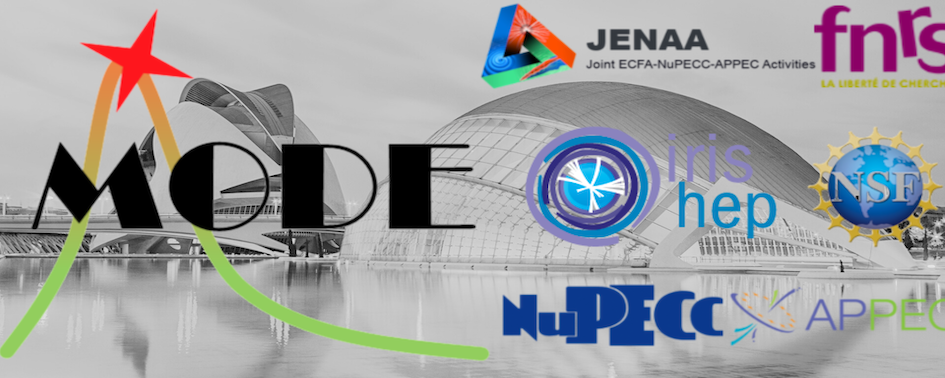Speaker
Description
The provision of exact and consistent derivative information is important for numerous applications arising from optimization purposes as for example optimal control problems. However, even the pure simulation of complex systems may require the computation of derivative information. Implicit integration methods are prominent examples for this case.
The talk will present the technique of algorithmic (or automatic) differentiation (AD) to compute exact derivative information for function evaluations given as computer programs. This includes a short overview of the history of AD and a description of the main variants of AD, namely the forward mode to compute sensitivities as well as the reverse mode for the provision of adjoints. A discussion of complexity estimates follows yielding the important cheap gradient result. Subsequently, I will present two applications of derivative-based optimization in the field of physics. First, the parameter identification of material parameters for an ultrasound application is discussed. This includes also the question of an optimal experimental design. Second, we will examine resonance phenomena in the field of photonics. Here, capturing sensitivities is crucial for the investigation and optimization of exceptional-point-based applications,
such as optical sensors.
